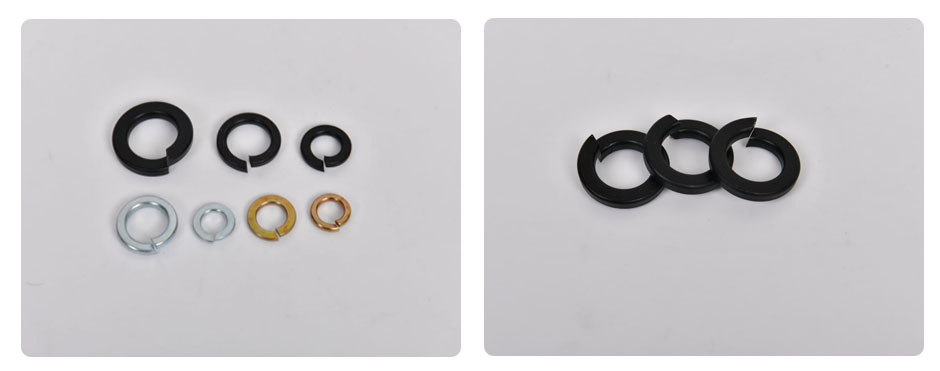OEM DIN 128 Spring Washer Specifications and Applications Guide
Importance of OEM DIN 128 Spring Washers in Engineering
In the realm of engineering and manufacturing, fasteners play a crucial role in ensuring the stability and longevity of assembled products. Among various fasteners, spring washers hold a unique position due to their ability to provide resilience and flexibility in mechanical applications. The OEM DIN 128 spring washer is one of the most respected designs, known for its efficiency and reliability in various industries.
Understanding OEM and DIN Standards
Before delving into the specifics of the DIN 128 spring washer, it is essential to clarify what OEM and DIN stand for. OEM refers to “Original Equipment Manufacturer,” a designation indicating that the components are designed by the original manufacturer of the equipment. These components are tailored to meet precise specifications and engineering standards for optimal performance and compatibility.
On the other hand, DIN stands for “Deutsches Institut für Normung,” which translates to the German Institute for Standardization. DIN standards are widely recognized for their rigor and reliability in setting quality benchmarks across the European Union and beyond. The DIN 128 standard specifically describes a type of spring washer characterized by its unique flat surface, which facilitates better load distribution and enhances the overall reliability of the assembly.
Features and Benefits
The OEM DIN 128 spring washer is typically made of high-quality materials such as stainless steel or carbon steel. These materials not only ensure durability but also resistance to corrosion, making them suitable for diverse environments and applications. A primary feature of the DIN 128 washer is its design, which incorporates a conical shape that creates axial pressure when compressed. This feature allows for compensation of any potential loosening due to vibration or thermal expansion, increasing the service life of the assembly.
oem din 128 spring washer

Moreover, the spring washer offers excellent load retention capabilities. As assemblies undergo dynamic loading conditions, the elastic nature of the spring washer helps maintain consistent pressure on the components, preventing loosening over time. This functionality is particularly important in industries like automotive, aerospace, and machinery manufacturing, where the integrity of mechanical connections is paramount.
Applications
OEM DIN 128 spring washers find usage in a wide array of applications. In the automotive industry, they are often utilized in fastening bolt assemblies in engines and undercarriages, safeguarding against vibrations that can lead to component failure. Similarly, in the aerospace sector, these washers are crucial in securing critical structural elements where safety is a non-negotiable factor.
Additionally, manufacturing industries utilize the DIN 128 washers for a variety of machinery and equipment. Wherever there are screws, bolts, or nuts, these spring washers can be employed to enhance the longevity and reliability of connections, thus reducing maintenance costs and downtime.
Conclusion
In conclusion, the OEM DIN 128 spring washer stands as a testament to the importance of quality assurance, engineering precision, and innovative design in fasteners. Its capacity to provide reliable mechanical support while mitigating the effects of vibration and thermal expansion makes it invaluable across various industries. As manufacturers and engineers continue to seek solutions that guarantee longevity and performance, the adoption of high-quality components like the DIN 128 spring washer will undoubtedly remain a priority, ensuring better, safer, and more efficient assemblies. As we move into an era that emphasizes not just performance but also sustainability, the role of such critical components will only grow, demonstrating their significant impact on the engineering landscape.
-
Top Choices for Plasterboard FixingNewsDec.26,2024
-
The Versatility of Specialty WashersNewsDec.26,2024
-
Secure Your ProjectsNewsDec.26,2024
-
Essential Screws for Chipboard Flooring ProjectsNewsDec.26,2024
-
Choosing the Right Drywall ScrewsNewsDec.26,2024
-
Black Phosphate Screws for Superior PerformanceNewsDec.26,2024
-
The Versatile Choice of Nylon Flat Washers for Your NeedsNewsDec.18,2024










